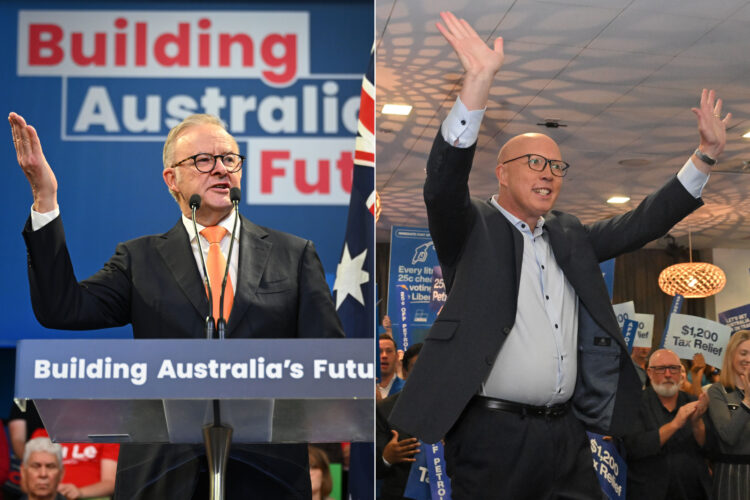Joshua Black
Postdoctoral Research Fellow
A four-way debate on ABC Radio Canberra this morning produced a rare moment of unity between election candidates. The main candidates for the ACT’s two senate seats agree that Canberra needs more senators.
This was a unity ticket, minus one.
Liberal ACT senate candidate Jacob Vadakkedathu opposes the move. He said that voters tell him, “we don’t need any more pollies”. It’s easy to offer an argument against more politicians in a cost of living crisis.
To be fair to Vadakkedathu, the Liberal Party historically had form on senate representation for the territories.
In the 1970s, Liberals opposed the creation of senate seats for the ACT and NT, arguing that the senate might one day be “swamped” by representatives from other territories like the Cocos Islands, and that it might lose its constitutional character as a “states’ house”. They fought against the measure at three successive elections (including one double dissolution) and forced the matter all the way to an historic, deadlock-resolving joint sitting of the two houses in August 1974.
The idea of “swamping the senate” was laughable then, and even more so now. The quota for ACT and NT Senate elections is extremely high. The Labor Party, the Greens and Independent Senator David Pocock all agree that the ACT’s senate representation should (at least) be doubled.
The Australia Institute has previously proposed a ‘simple formula’ that would make territory senate representation ‘proportionate to Tasmania’s population’. The 48th parliament could pass laws that would set senate places for the ACT and NT in line with their proportionality to the population of Tasmania, and still not upset the federal compact underwriting the Constitution. This would still leave the territories with fewer representatives ‘per heads of population than Tasmania receives’.
Increasing senate seats for the mainland territories from 2 to 4 is less ambitious, but better than nothing. Asked why the government hadn’t advanced the move, Senator Gallagher said that the Liberal Party had pledged to campaign “very strongly” against it.
History shows us that waiting for bipartisanship on this issue is futile. The next parliament would be well advised to wait no longer.




